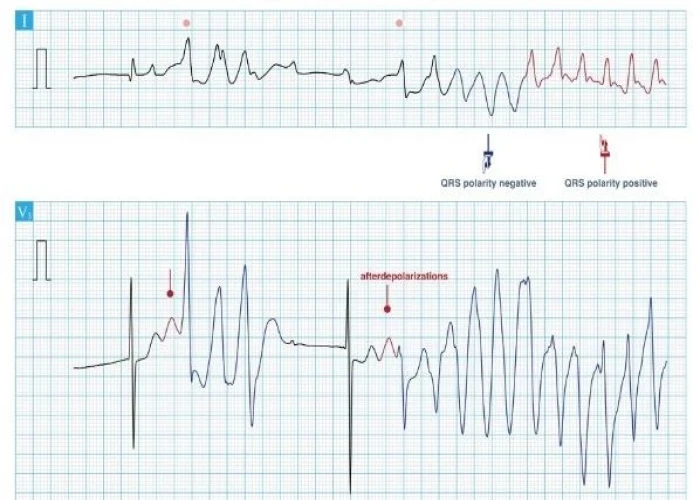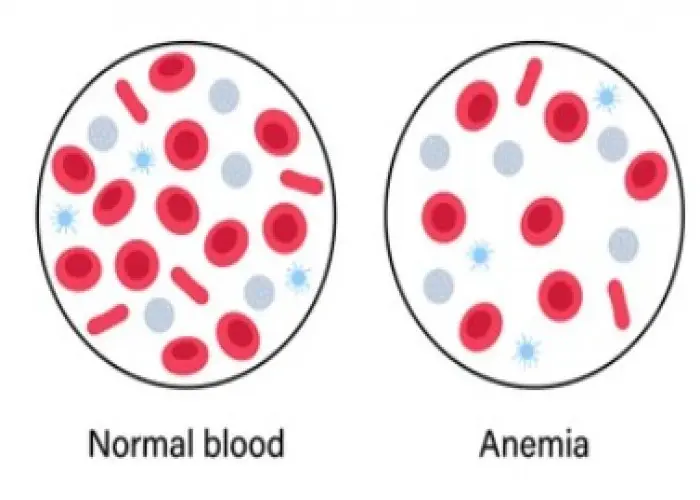 Welcome
Welcome
“May all be happy, may all be healed, may all be at peace and may no one ever suffer."
Coma

Coma is a state of prolonged unconsciousness in which a person cannot be awakened and does not respond to external stimuli, such as pain or light. It is a serious medical condition that can result from a variety of causes, including head injury, stroke, brain tumor, infection, metabolic disorders, drug overdose, and other conditions.
The depth and duration of a coma can vary depending on the underlying cause and the individual's overall health. Some people may remain in a coma for days or weeks, while others may remain in a persistent vegetative state, which is a condition in which a person is awake but shows no signs of awareness or responsiveness, for months or even years.
The diagnosis of coma is typically made based on physical and neurological exams, as well as imaging tests such as a CT or MRI scan. Treatment of coma depends on the underlying cause and may involve medications to reduce swelling or pressure in the brain, support for vital functions such as breathing and circulation, and other interventions as needed.
In some cases, a person may emerge from a coma with little or no residual effects, while in other cases, they may experience long-term cognitive, physical, or psychological impairment. Rehabilitation and ongoing support are often needed to help a person recover from a coma and regain as much function as possible.
Prevention of coma involves managing underlying conditions such as diabetes, high blood pressure, and heart disease, as well as avoiding risky behaviors such as drug abuse and excessive alcohol consumption. In cases where a coma is the result of an injury or acute medical event, prompt medical attention is critical to minimize the risk of long-term damage or disability.
Research Papers
Disease Signs and Symptoms
- Irregular breathing
- Coma
- No response to painful stimuli, except for reflex movements
- No responses of limbs, except for reflex movements
- Depressed brainstem reflexes, such as pupils not responding to light
Disease Causes
Coma
Many types of problems can cause a coma. Some examples are:
- Traumatic brain injuries. These are often caused by traffic collisions or acts of violence.
- Stroke. Reduced or interrupted blood supply to the brain (stroke), can result from blocked arteries or a burst blood vessel.
- Tumors. Tumors in the brain or brainstem can cause a coma.
- Diabetes. Blood sugar levels that become too high (hyperglycemia) or too low (hypoglycemia) can cause a coma.
- Lack of oxygen. People who have been rescued from drowning or those who have been resuscitated after a heart attack might not awaken due to lack of oxygen to the brain.
- Infections. Infections such as encephalitis and meningitis cause swelling of the brain, spinal cord or the tissues that surround the brain. Severe cases of these infections can result in brain damage or a coma.
- Seizures. Ongoing seizures can lead to a coma.
- Toxins. Exposure to toxins, such as carbon monoxide or lead, can cause brain damage and a coma.
- Drugs and alcohol. Overdosing on drugs or alcohol can result in a coma.
Disease Prevents
Disease Treatments
A coma is a medical emergency. Doctors will first check the affected person's airway and help maintain breathing and circulation. Doctors might give breathing assistance, intravenous medications and other supportive care.
Treatment varies, depending on the cause of the coma. A procedure or medications to relieve pressure on the brain due to brain swelling might be needed. Emergency personnel might administer glucose or antibiotics intravenously, even before blood test results return, in case of diabetic shock or an infection affecting the brain.
If the coma is the result of drug overdose, doctors will give medications to treat the condition. If the coma is due to seizures, doctors will use medications to control seizures. Other treatments might focus on medications or therapies to address an underlying disease, such as diabetes or liver disease.
Sometimes the cause of a coma can be completely reversed, and the affected person will regain normal function. Recovery usually occurs gradually. A person with severe brain damage might have permanent disabilities or never regain consciousness.
Disease Diagnoses
Disease Allopathic Generics
Disease Ayurvedic Generics
Disease Homeopathic Generics
Disease yoga
Coma and Learn More about Diseases

Pseudogout

Bone spurs

Chronic fatigue syndrome

Long QT syndrome

Dust mite allergy

Anemia

Rabies

Fibroadenoma
Coma, Glasgow coma scale, GCS scale, কোমা
To be happy, beautiful, healthy, wealthy, hale and long-lived stay with DM3S.
